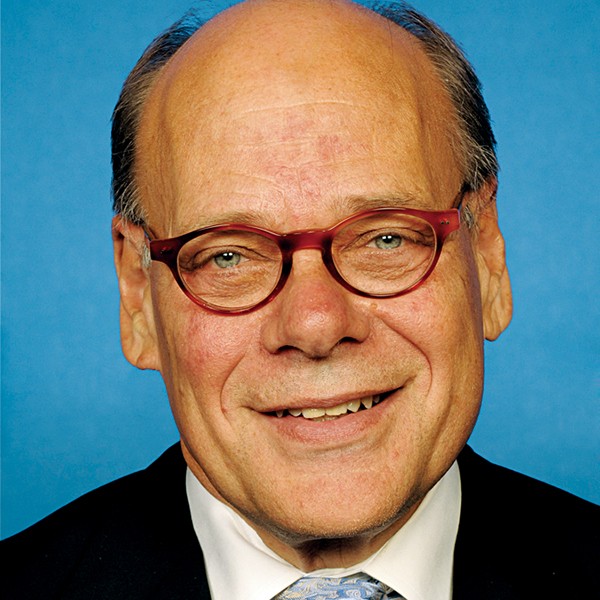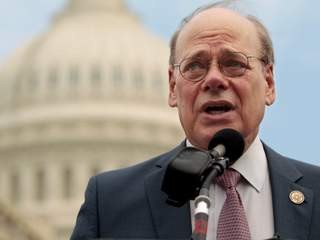The free flow of information is critical not only to facilitate our commerce, but to ensure that our democracy thrives. While the First Amendment protects us from government attempts to suppress speech, protections from large corporations that use their market dominance to act as self-appointed information “gatekeepers” are not constitutionally guaranteed.

9th District Congressman Steve Cohen
Yet the Federal Communications Commission (FCC), which is supposed to protect and promote the public interest in the telecommunications industry, has undertaken an aggressive effort to repeal strong legal protections for net neutrality that ensure that information can flow unimpeded on the internet. As a result Americans could soon wake up in a country where online dissent has been diminished or sidelined. The informed commentary of marginal groups seeking to shape opinion could be blocked, slowed down, or otherwise given disfavored treatment by internet service providers serving their own commercial or even ideological interests and stifle the dissemination of accurate but unpopular views.
This fear of a top-down corporate suppression of opinion is not far-fetched. It’s the predictable consequence of a plan long sought by broadband service providers: To repeal the FCC 2015 Open Internet Order, which mandates equal treatment of content over the internet by broadband service providers. The commission’s chairman, Ajit Pai, has scheduled a vote to do just that on December 14. The FCC should reject this effort.
Chairman Pai’s plan would be a catastrophe for both technical innovation and civil discourse. Without net neutrality, a handful of dominant corporations that are both broadband providers and content providers could be in a position to stifle competing content and would have an obvious economic incentive to do so. Not only would this prevent new innovators from entering the marketplace, it would also allow such companies to decide what content is available to their customers and would also allow them to make access to competing content difficult if not impossible. In addition to being bad for consumers, such content discrimination is bad for democracy, for it potentially impedes citizens’ ability to receive the information they need to understand proposed policies, debate them and, if necessary, organize opposition to them.
The proposed FCC order repeals the strong net neutrality framework established in 2015 and would repeal the 2015 Order’s bans on blocking, throttling or paid prioritization – three of the gravest threats to equal access. Current rules prohibit broadband providers from blocking a website, slowing a website down or providing differential speeds for different websites based on whether the content provider has paid for faster service. This type of conduct by broadband providers could limit or block access to political dissent, marginal or minority views and complex ideas that help a healthy society function.
I have joined more than 40 of several of my colleagues in asking the FCC to abandon this extremely unpopular plan and to maintain strong net neutrality protections.
Strong net neutrality protections have proven to be one of the most important consumer protections of our time. Net neutrality is extremely popular because people realize slowing streaming speeds to discourage consumers from some sites just doesn’t seem fair. Blocking access to competitors seems unfairly restrictive. Rigging the market for the profit of a handful of internet service providers doesn’t appeal to people already rightly suspicious of corporate control of their lives.
Beyond all that, the proposed rule is not good for competition, innovation or creativity. Broadband investment has continued to surge under the open rules and could decline in a pay-to-play internet world. Slowing or crippling access to some websites is not innovation. A free internet permits access to all users, regardless of ability to pay. We don’t want an internet in which an elite has access to critical information or services and others are priced out.
The end of internet neutrality cannot be allowed to occur without a fight. What the FCC chairman has proposed would change the way we communicate, and not for the better.
Congressman Steve Cohen represents Tennessee’s 9th Congressional District.

